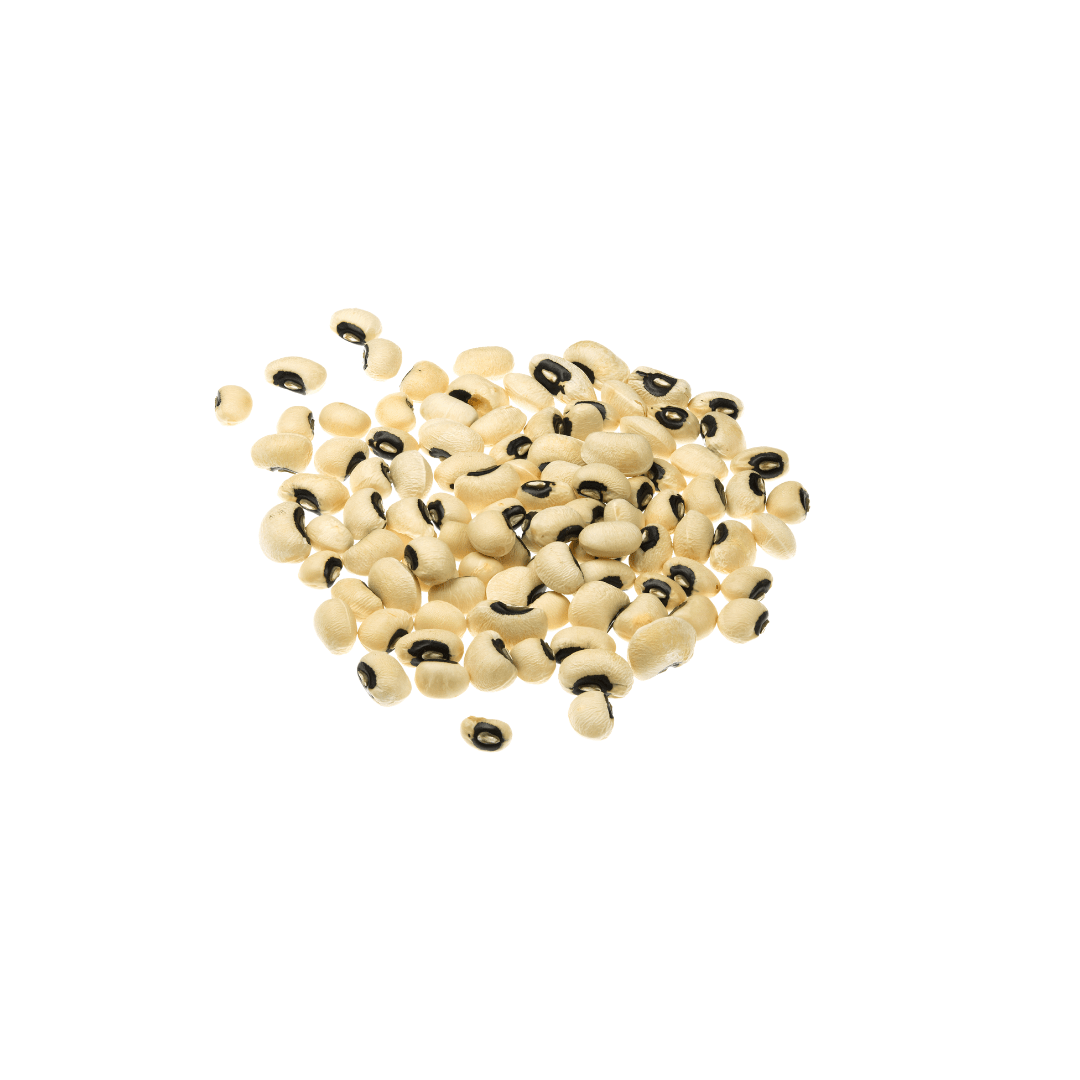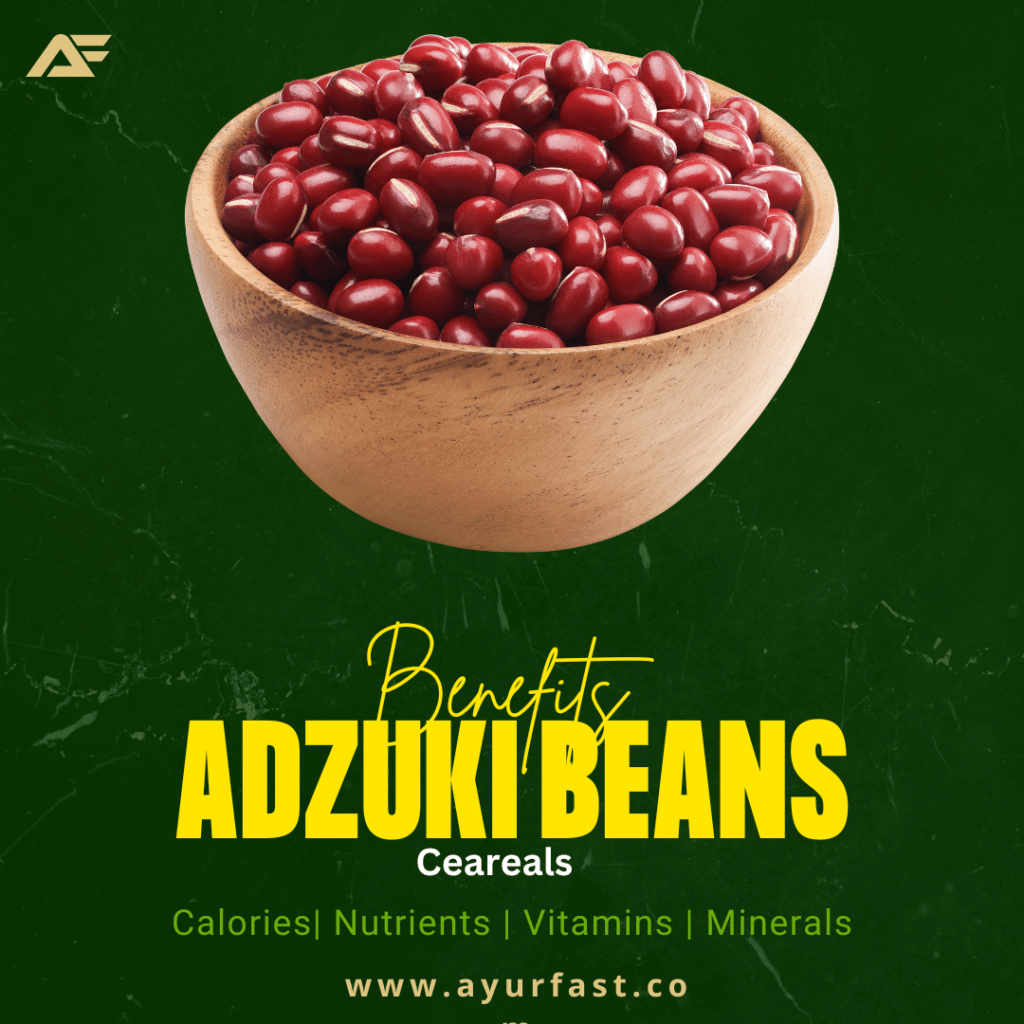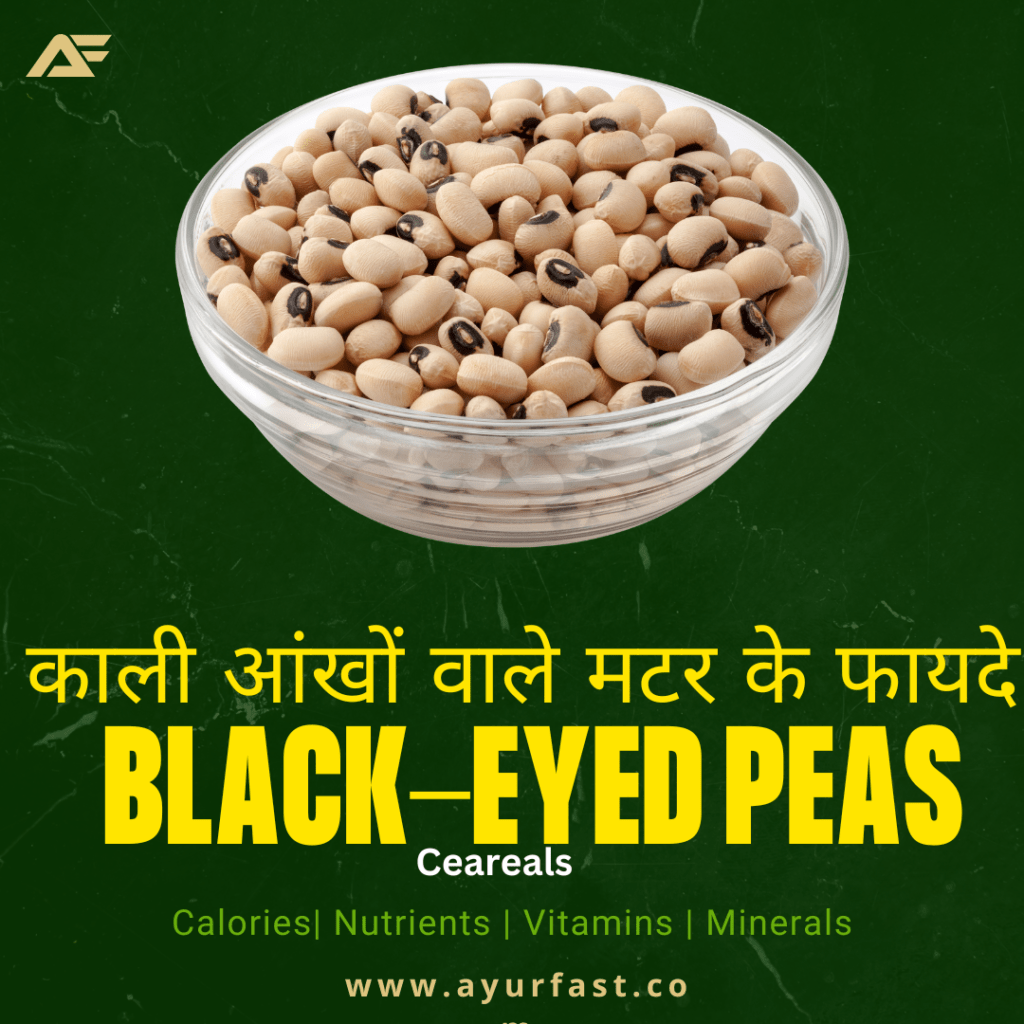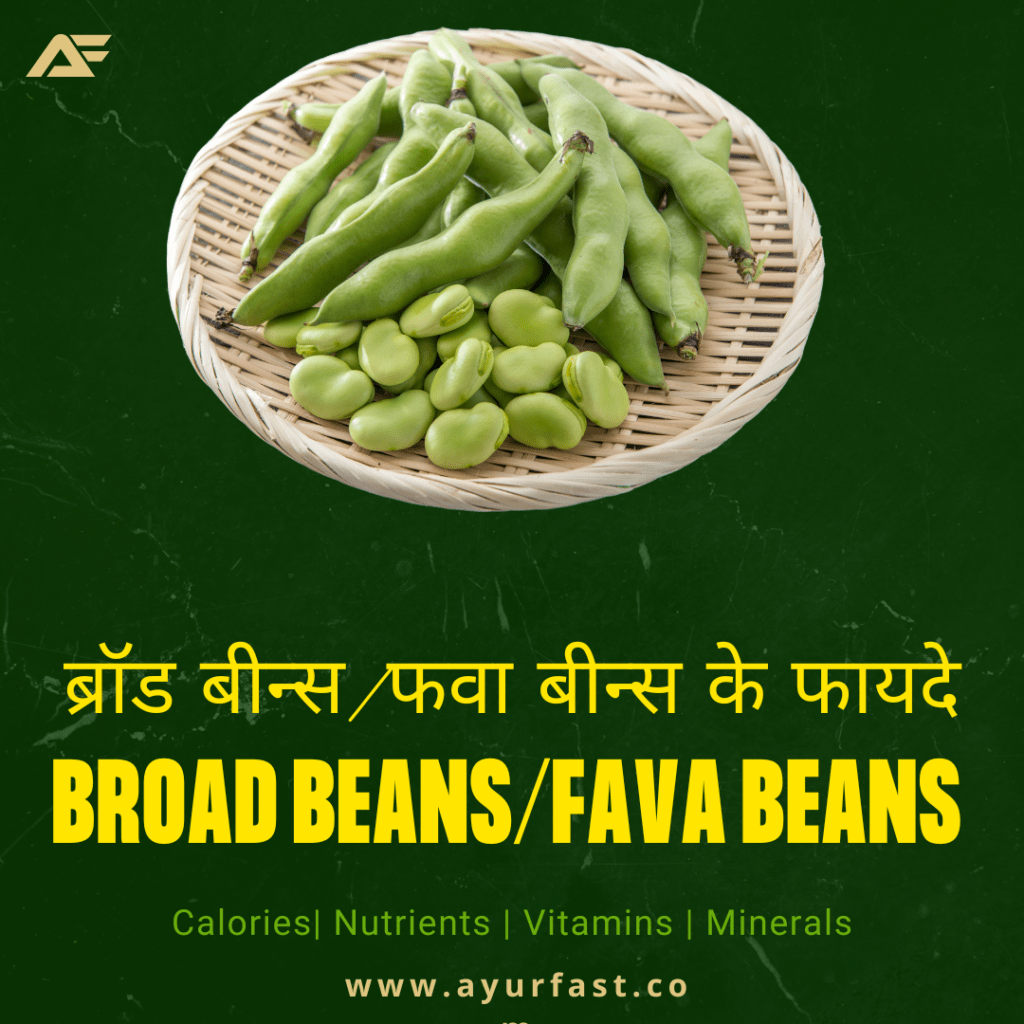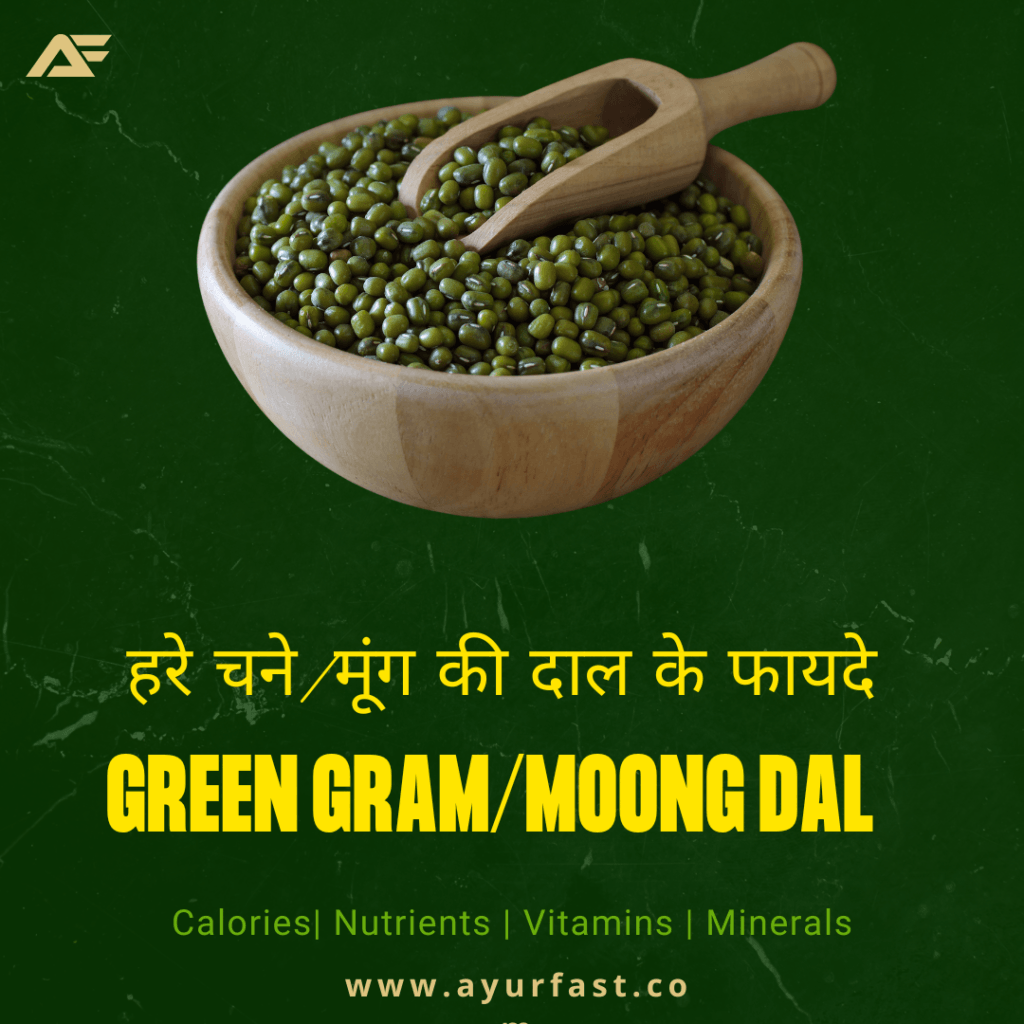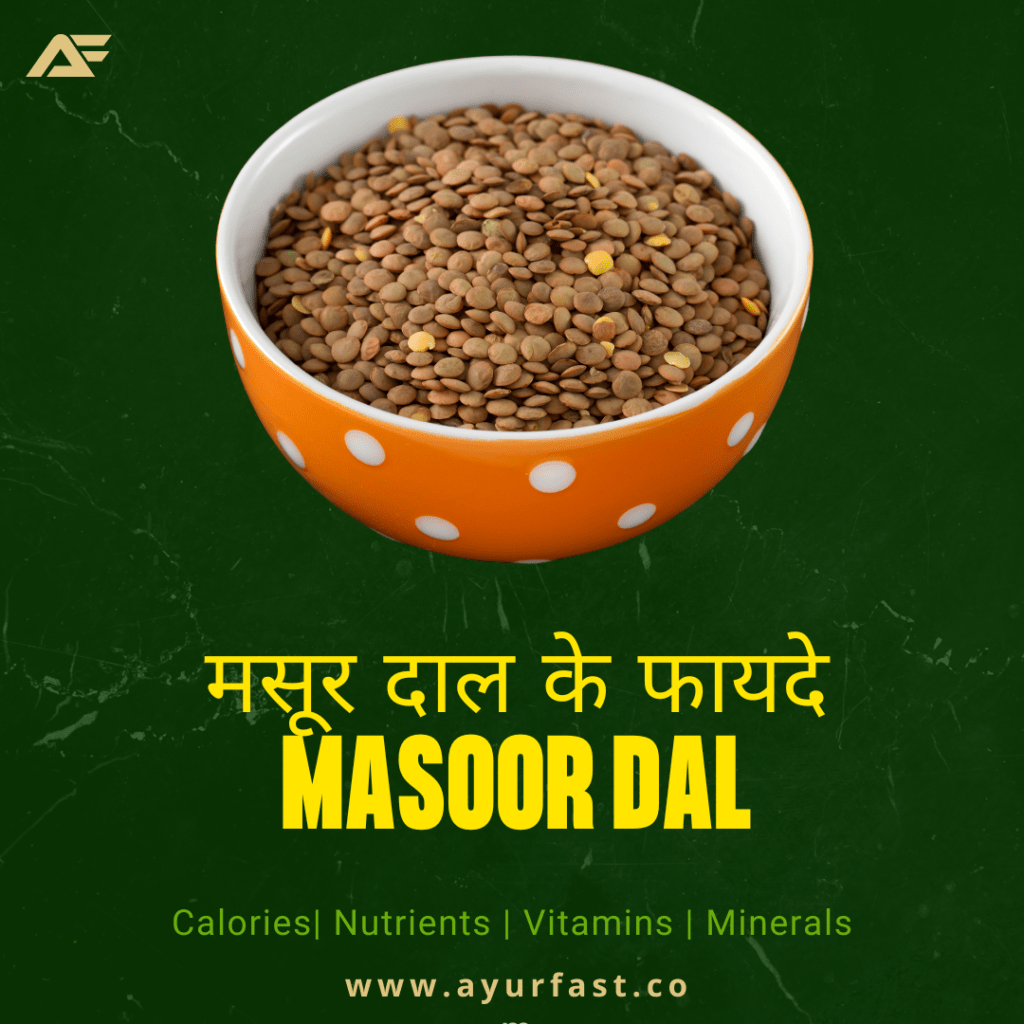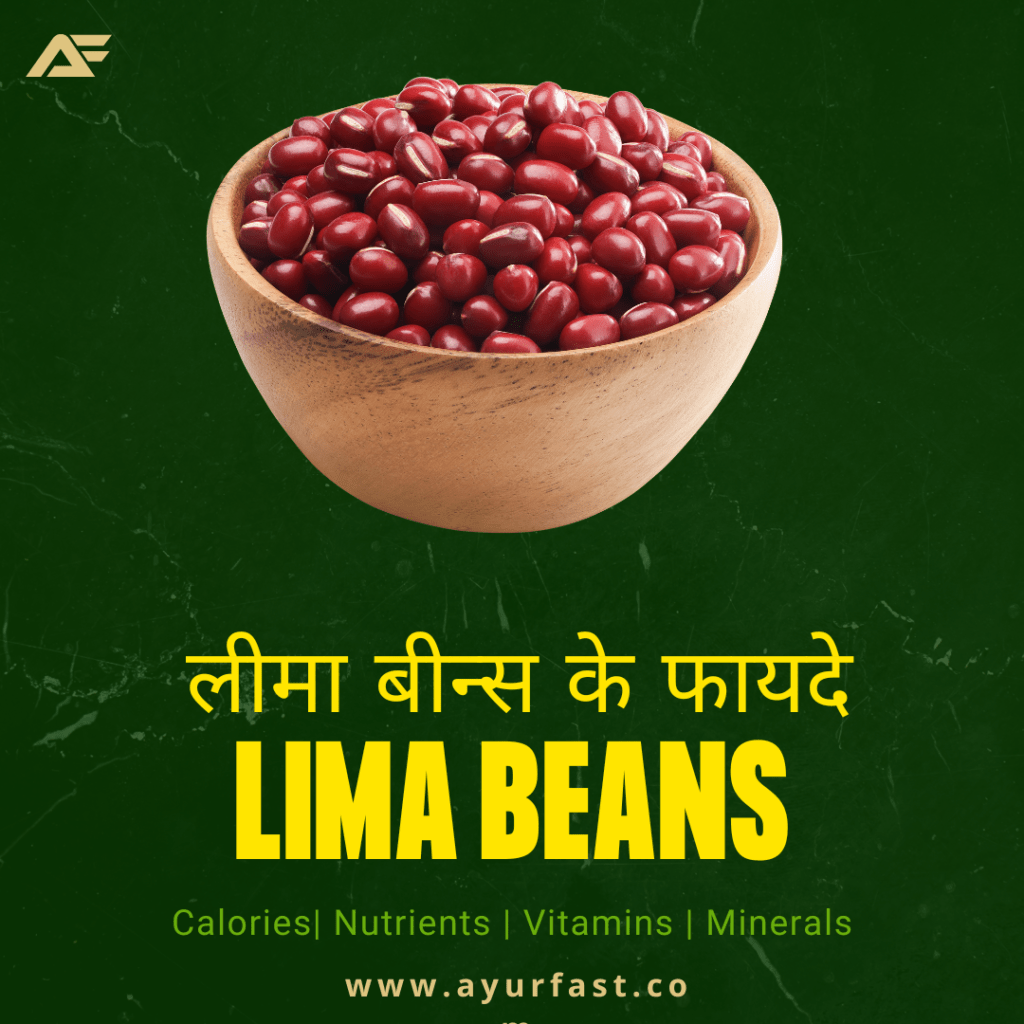About
Cowpeas, also known as black-eyed peas, southern peas, or field peas, are a type of legume that is commonly grown in Africa, Asia, and the southern United States. They are oval-shaped, with a light tan or beige color and a black spot on one end.
Health Benefits of Cowpeas:
-
High in Protein: Cowpeas are an excellent source of plant-based protein, with approximately 6 grams of protein per half-cup serving.
-
Rich in Fiber: Cowpeas are also high in dietary fiber, which can help to regulate blood sugar levels and improve digestive health.
-
Low in Fat: Cowpeas are a low-fat source of protein, making them an ideal choice for people who are trying to lose weight or maintain a healthy weight.
-
Good for Heart Health: Cowpeas are rich in antioxidants, which can help to reduce inflammation and lower the risk of heart disease.
-
Boost Immune System: Cowpeas are a good source of vitamin C, which can help to boost the immune system and protect against infections.
-
Reduce the Risk of Chronic Diseases: Cowpeas are rich in polyphenols, which have been shown to have anti-inflammatory and antioxidant properties, and may help to reduce the risk of chronic diseases such as cancer and diabetes.
List of diseases that can be cured by Cowpeas:
Cowpeas have been found to be beneficial for various health conditions such as:
-
Diabetes: The fiber and protein content in cowpeas can help to regulate blood sugar levels, making them a good food choice for people with diabetes.
-
Heart disease: Cowpeas are rich in antioxidants, which can help to reduce inflammation and lower the risk of heart disease.
-
Digestive issues: The high fiber content in cowpeas can help to promote healthy digestion and prevent constipation.
-
Anemia: Cowpeas are a good source of iron, which is essential for healthy red blood cell production and can help to prevent anemia.
Nutritional Information for Cowpeas per 50g serving:
Macronutrients content of Cowpeas per serving (50g)
| Nutrient | Amount |
|---|---|
| Calories | 70 |
| Carbohydrates | 12g |
| Protein | 5g |
| Fat | 0.5g |
| Fiber | 4g |
| Water | 31g |
Vitamins content of Cowpeas per serving (50g)
| Vitamin | Amount |
|---|---|
| Vitamin A | 0mcg |
| Vitamin B1 | 0.1mg |
| Vitamin B2 | 0.03mg |
| Vitamin B3 | 0.7mg |
| Vitamin B6 | 0.08mg |
| Vitamin B12 | 0mcg |
| Vitamin C | 3mg |
| Vitamin D | 0mcg |
| Vitamin E | 0.2mg |
| Vitamin K | 0.2mcg |
| Folate | 52mcg |
| Biotin | 2mcg |
Minerals content of Cowpeas per serving (50g)
| Mineral | Amount |
|---|---|
| Calcium | 22mg |
| Iron | 1.4mg |
| Iodine | 0mcg |
| Zinc | 0.9mg |
| Magnesium | 40mg |
| Phosphorus | 88mg |
| Potassium | 200mg |
| Sodium | 5mg |
| Chloride | 6mg |
What are cowpeas, and where do they come from?
Cowpeas are a type of legume that originated in Africa and are commonly grown in warm, tropical regions.
What is the nutritional value of cowpeas?
Cowpeas are a rich source of protein, fiber, vitamins, and minerals, making them an excellent addition to a healthy diet.
How are cowpeas typically prepared?
Cowpeas can be boiled, steamed, or roasted and used in a variety of dishes, including soups, stews, salads, and side dishes.
Are cowpeas gluten-free?
Yes, cowpeas are naturally gluten-free and can be safely consumed by individuals with gluten sensitivity or celiac disease.
What are the health benefits of consuming cowpeas?
Cowpeas have been linked to various health benefits, including improved digestion, lower cholesterol levels, and better blood sugar control.
Can cowpeas be used in vegetarian or vegan diets?
Yes, cowpeas are an excellent source of plant-based protein and can be used in vegetarian and vegan diets to supplement protein intake.
Are there any potential allergens associated with cowpeas?
While cowpeas are generally considered safe for consumption, individuals with legume allergies should exercise caution when consuming them.
How long do cowpeas last once cooked?
Cooked cowpeas can be stored in an airtight container in the refrigerator for up to five days or frozen for up to six months.
What are some popular recipes that use cowpeas?
Cowpeas can be used in a variety of recipes, including Hoppin' John, a traditional Southern dish made with cowpeas and rice, or in a spicy cowpea salad with fresh vegetables and a zesty dressing.
Can cowpeas be grown in home gardens?
Yes, cowpeas can be easily grown in home gardens and are a low-maintenance crop that can produce a bountiful harvest.
How are cowpeas different from other types of legumes?
Cowpeas have a unique flavor and texture that sets them apart from other types of legumes, such as chickpeas, lentils, and kidney beans.
Are there any cultural or regional traditions associated with cowpeas?
Cowpeas have a long history in African and Southern cuisine and are often used in traditional dishes such as jollof rice or black-eyed pea soup.
Are cowpeas environmentally sustainable to grow?
Cowpeas are a hardy crop that can be grown in a variety of climates and soil types, making them a sustainable crop choice for farmers and gardeners.
Can cowpeas be used in pet food?
Yes, cowpeas are sometimes used in pet food as a source of plant-based protein and other nutrients.
How do cowpeas compare to other types of plant-based proteins?
Cowpeas are considered to be a high-quality protein source and are nutritionally comparable to other plant-based protein sources such as soybeans and peas.
Can cowpeas be used in baby food?
Yes, cowpeas can be pureed and used in baby food as a source of protein and other nutrients.

